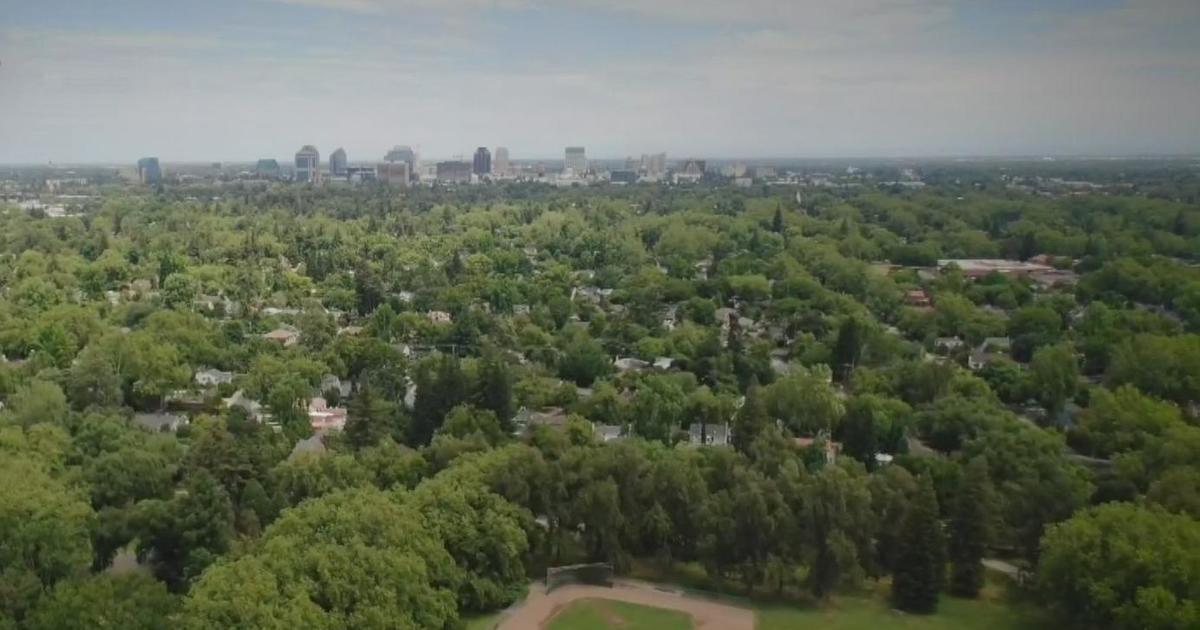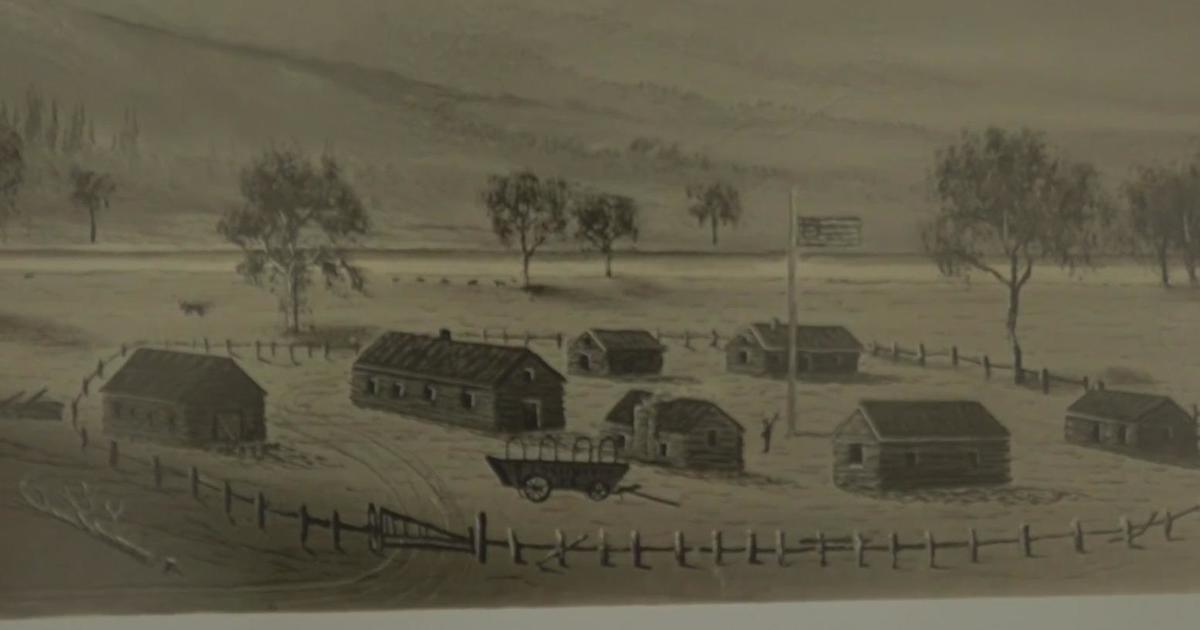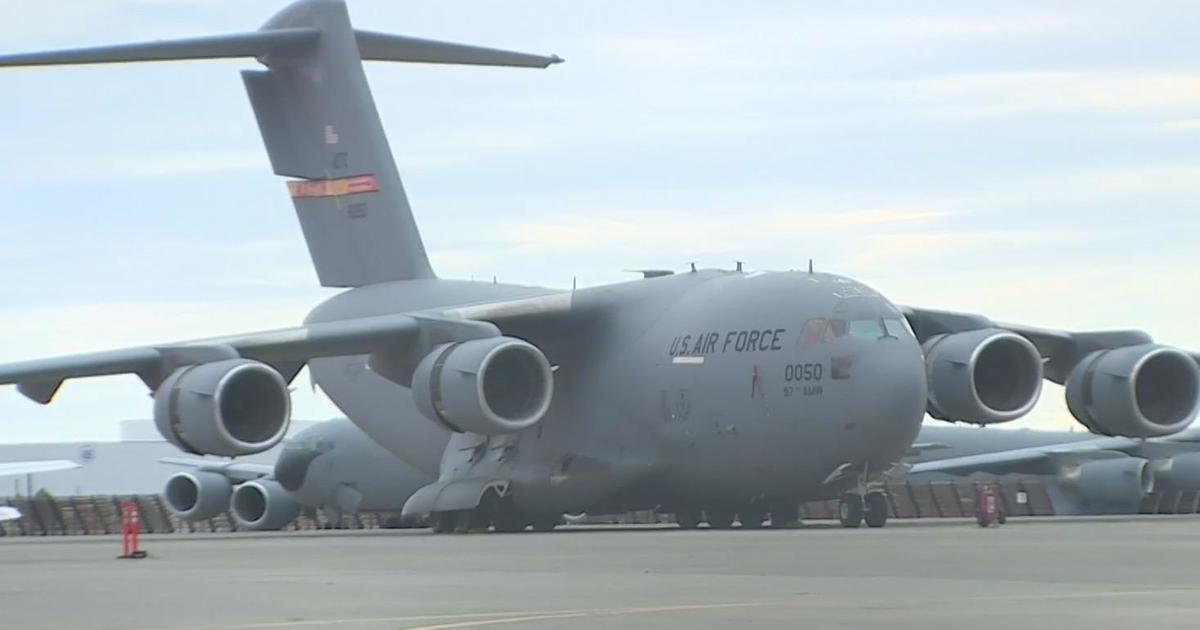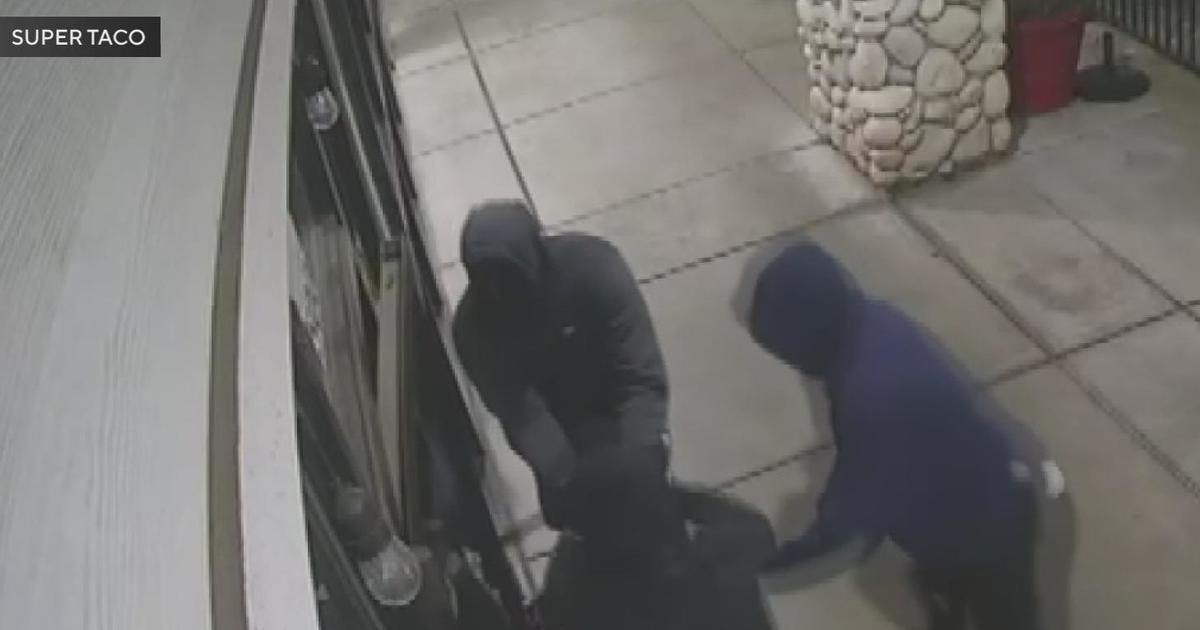Officials and lawmakers push for more government transparency on UFOs
Three retired military veterans are testifying Wednesday at a House hearing on unidentified anomalous phenomena – commonly known as UFOs – warning that the sightings are a national security problem and that the government has been too secretive about them.
A House Oversight subcommittee convened Wednesday's hearing on UFOs, as the lawmakers who pushed for the hearing are calling for the government to be more forthcoming about the unidentified anomalous phenomena.
"If UAP are foreign drones, it is an urgent national security problem. If it is something else, it is an issue for science. In either case, unidentified objects are a concern for flight safety," said Ryan Graves, a former Navy pilot who now runs Americans for Safe Aerospace, a group he founded to encourage pilots to report incidents of UAPs.
The government characterizes the unexplained sightings as UAPs and has released reports on the cases in recent years. Some of them still have not been explained, while others have been attributed to "balloon or balloon-entities," as well as drones, birds, weather events or airborne debris like plastic bags.
Graves and David Fravor, a retired US Navy commander, both testified about their own sightings of UAPs while they were serving in the military. David Grusch, a former Air Force intelligence officer, alleged that the government has covered up its research into the unidentified sightings and said he reported information to the intelligence community inspector general.
"The technology that we faced was far superior than anything that we had," Fravor said of the episode he witnessed in 2004, when asked why UAPs are a national security threat.
The hearing is the latest push by lawmakers, intelligence officials and military personnel working on unexplained aerial phenomena to probe the issue on a national platform.
"This is an issue of government transparency," said Rep. Tim Burchett, a Tennessee Republican who pushed to hold Wednesday's hearing. "We're not bringing little green men or flying saucers into the hearing … We're just going to get to the facts. We're going to uncover the cover up, and I hope this is just the beginning of many more hearings."
No government officials testified at Wednesday's hearing. In April, Sean Kirkpatrick, the director of the Pentagon's All-domain Anomaly Resolution Office, which Congress created to focus on UAPs, told a Senate subcommittee the US government was tracking 650 potential cases of unidentified aerial phenomena, playing video from two of the episodes. Kirkpatrick emphasized there was no evidence of extraterrestrial life and that his office found "no credible evidence" of objects that defy the known laws of physics.
Lawmakers have pressed the Department of Defense on the sightings, describing them as potential national security threats.
"UAPs, whatever they be, may pose a serious threat to our military and our civilian aircraft, and that must be understood," Democratic Rep. Robert Garcia of California said. "We should encourage more reporting, not less on UAPs. The more we understand, the safer we will be."
Both Garcia and Rep. Jared Moskowitz, a Florida Democrat, said that it was important for Congress to work on the issue in a bipartisan manner in order to press for more government transparency.
"Many Americans are deeply interested in this issue, and it shouldn't take the potential of nonhuman origin to bring us together," Moskowitz said.
Graves said that a stigma remains for both commercial and military pilots when it comes to reporting UAP incidents.
"Right now we need a system where pilots can report without fear of losing their jobs," Graves said. "There is a fear that the stigma related to this topic is going to lead to professional repercussions either through management or through their yearly physical check."
Last year, the House Intelligence Committee held the first congressional hearing on UAPs in decades, and Kirkpatrick's testimony was the first Senate hearing on the matter in recent memory.
Of the 650 cases the government is tracking, Kirkpatrick said, "We've prioritized about half of them to be of anomalous interesting value, and now we have to go through those and go 'How much of those do I have actual data for?'"



